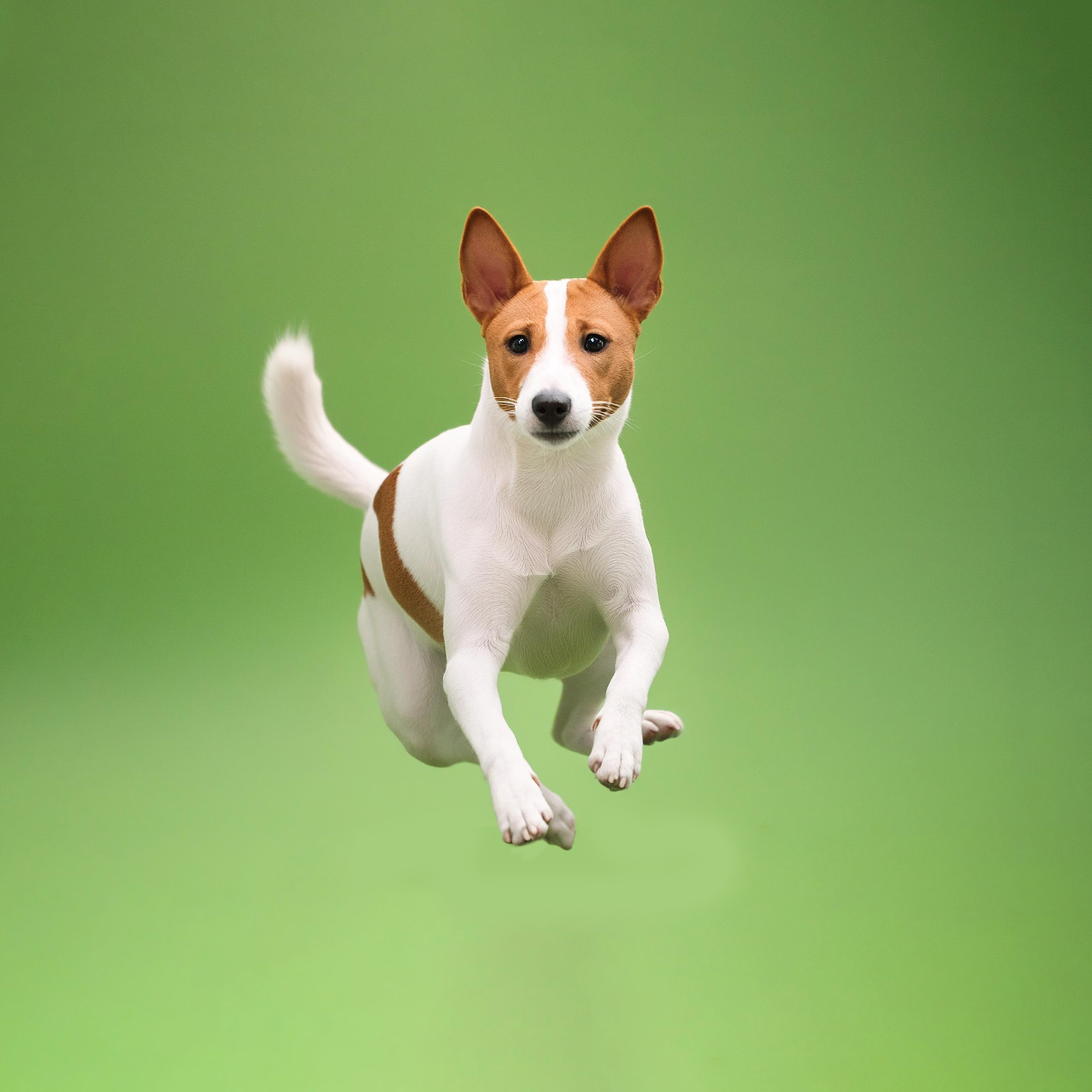Hypothyroidism
Hypothyroidism is a disease of the thyroid gland. In companion animals with hypothyroidism, the thyroid gland cannot produce enough thyroid hormones for the normal functioning of the body. A reduced amount of thyroid hormones hinders the functioning of the body and as a result causes such symptoms as dry skin, fatigue, and lack of energy.
A balanced diet rich in iodine is essential for thyroid health. Regular veterinary checkups and thyroid function testing can help in the early identification and management of this condition.
Inflammatory Bowel Disease
Inflammatory bowel disease causes inflammation of the lining of the digestive system and is characterized by acute diarrhea, pain, weakness, and weight loss. Inflammatory bowel disease can cause debilitation and life-threatening complications. The cause of inflammatory bowel disease is unknown. The symptoms depend on the severity of the inflammation.
Inflammatory bowel disease is a serious condition that can lead to life-threatening complications, so it’s important to seek veterinary attention as soon as symptoms appear.
Hip Dysplasia
Hip dysplasia is a medical term that refers to a partial or complete loss of the hip joint. Hip dysplasia can cause bone wear and tear and pain associated with this process. Most companion animals get hip dysplasia hereditary If hip dysplasia is diagnosed at an early stage, you can easily correct the problem. In other cases, surgery may be needed to reposition the bones.
Although genetics play an important role in the development of this disease, maintaining a healthy weight is especially important to reduce stress on the joints. Daily walking and swimming will help to form the muscles around the pelvis and maintain their strength.
Fanconi Syndrome
Fanconi syndrome causes excess excretion of glucose, bicarbonate, phosphates, potassium, sodium, and some amino acids from the body. Symptoms may include frequent urination, weight loss, weakness, and dehydration. Dietary changes and medical treatment are needed during this process to support kidney function.
The disease is provoked by poisoning with metals or other chemical substances, lack of vitamin D, and amyloidosis. However, a companion animal can inherit Fancon syndrome. There is no cure for Fanconi syndrome, but it can be controlled with proper treatment and cooperation with your veterinarian.
Anemia
Iron deficiency anemia is caused by a lack of iron and poses a threat to the proper functioning of organs. As for megaloblastic anemia, it develops as a result of insufficient intake of vitamins B9 and B12. As a competent parent, remember that a nutrient-dense diet and regular veterinary check-ups are important prerequisites for the health of our companion animals. Practicing responsible care can prevent your companion animal from developing other health problems as well.

